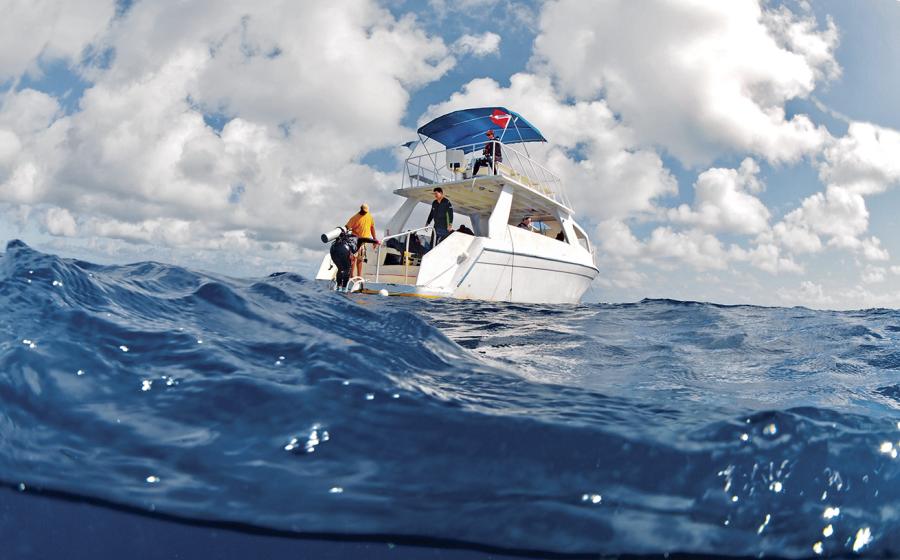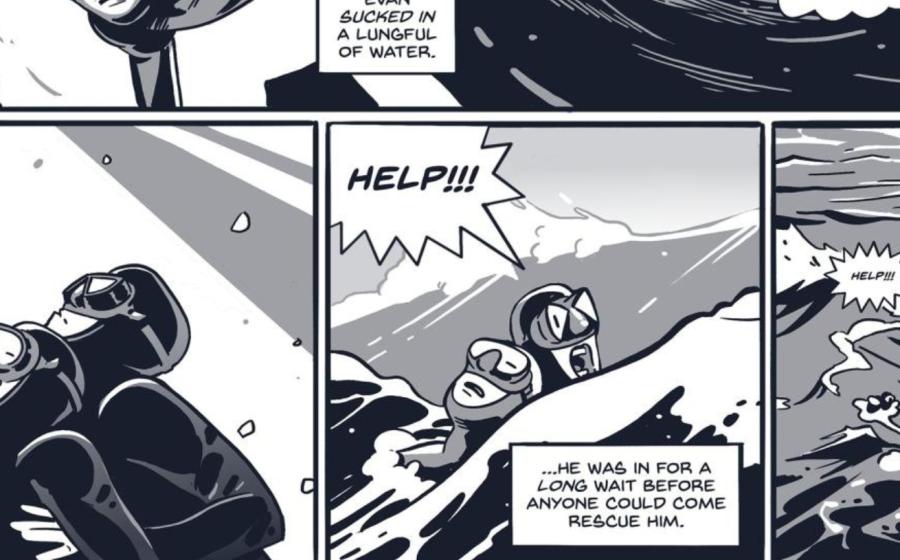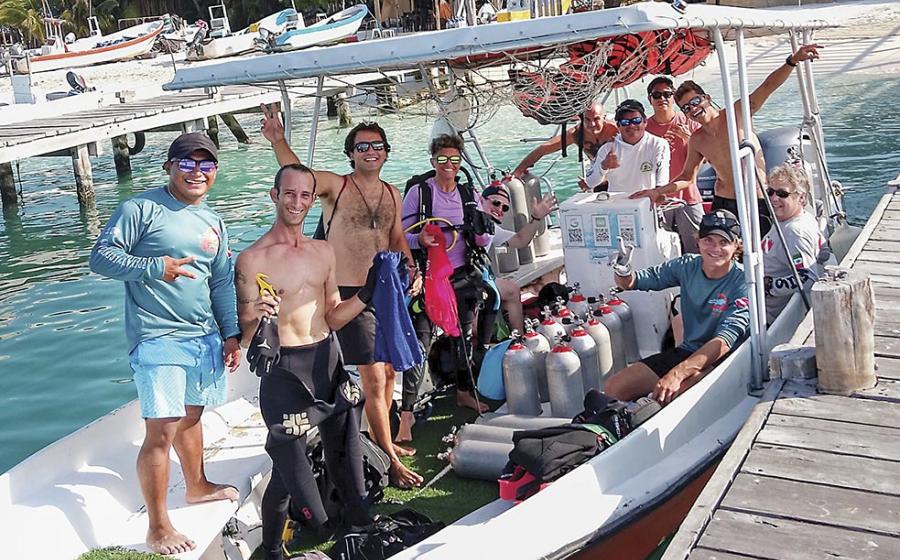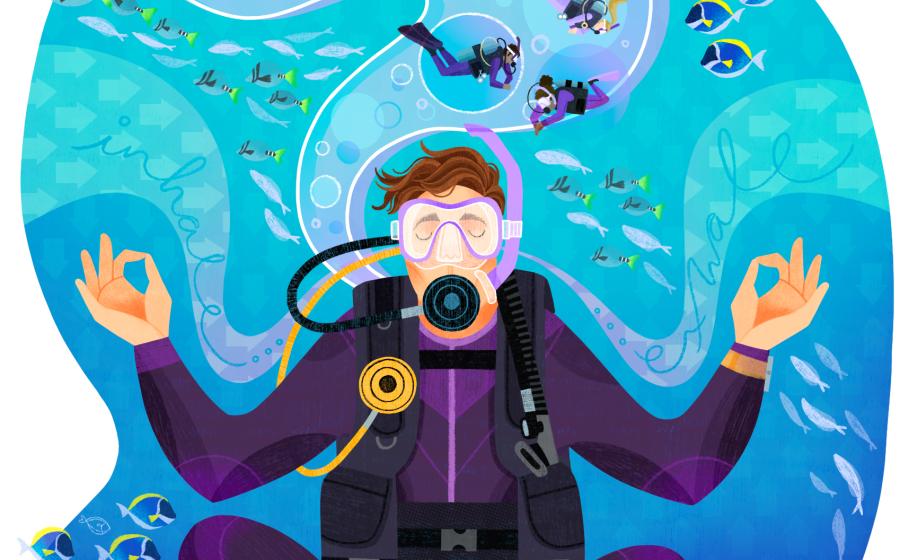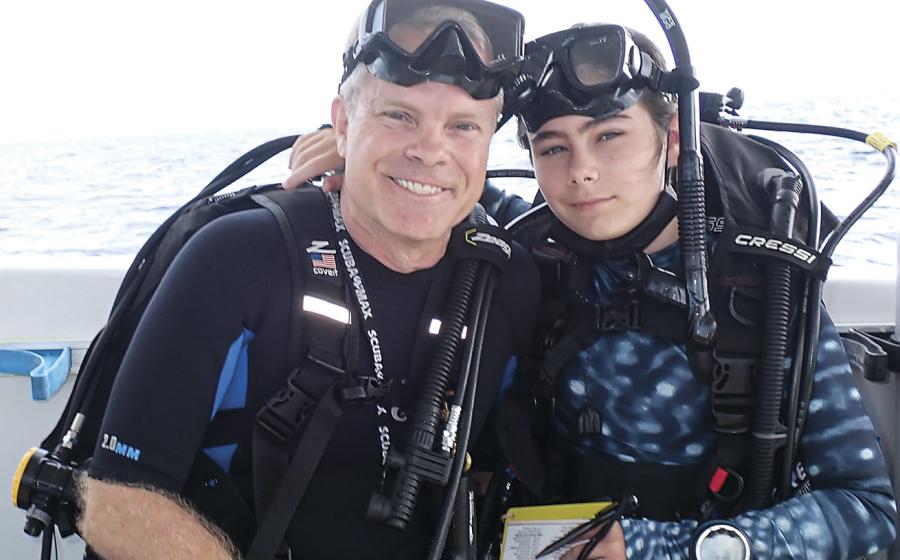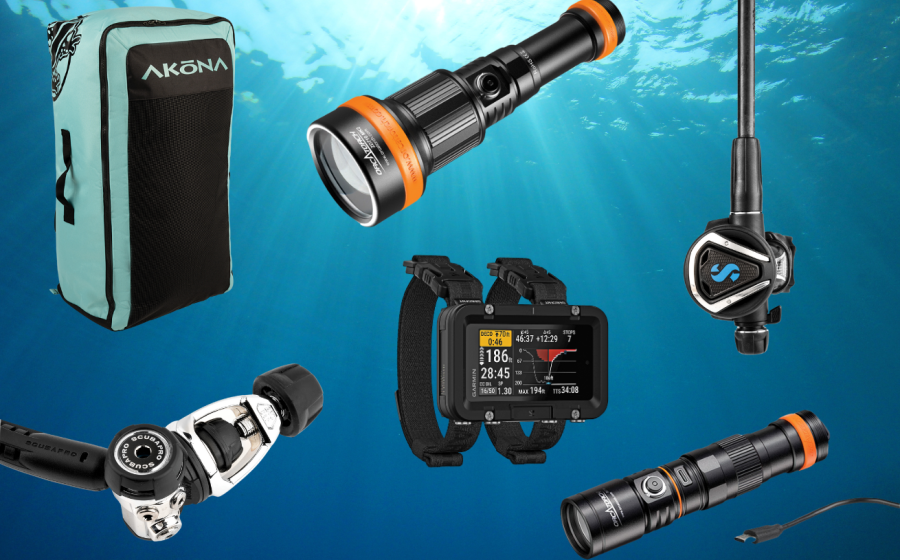Divers Discover Buried Treasure Off the Coast of Israel
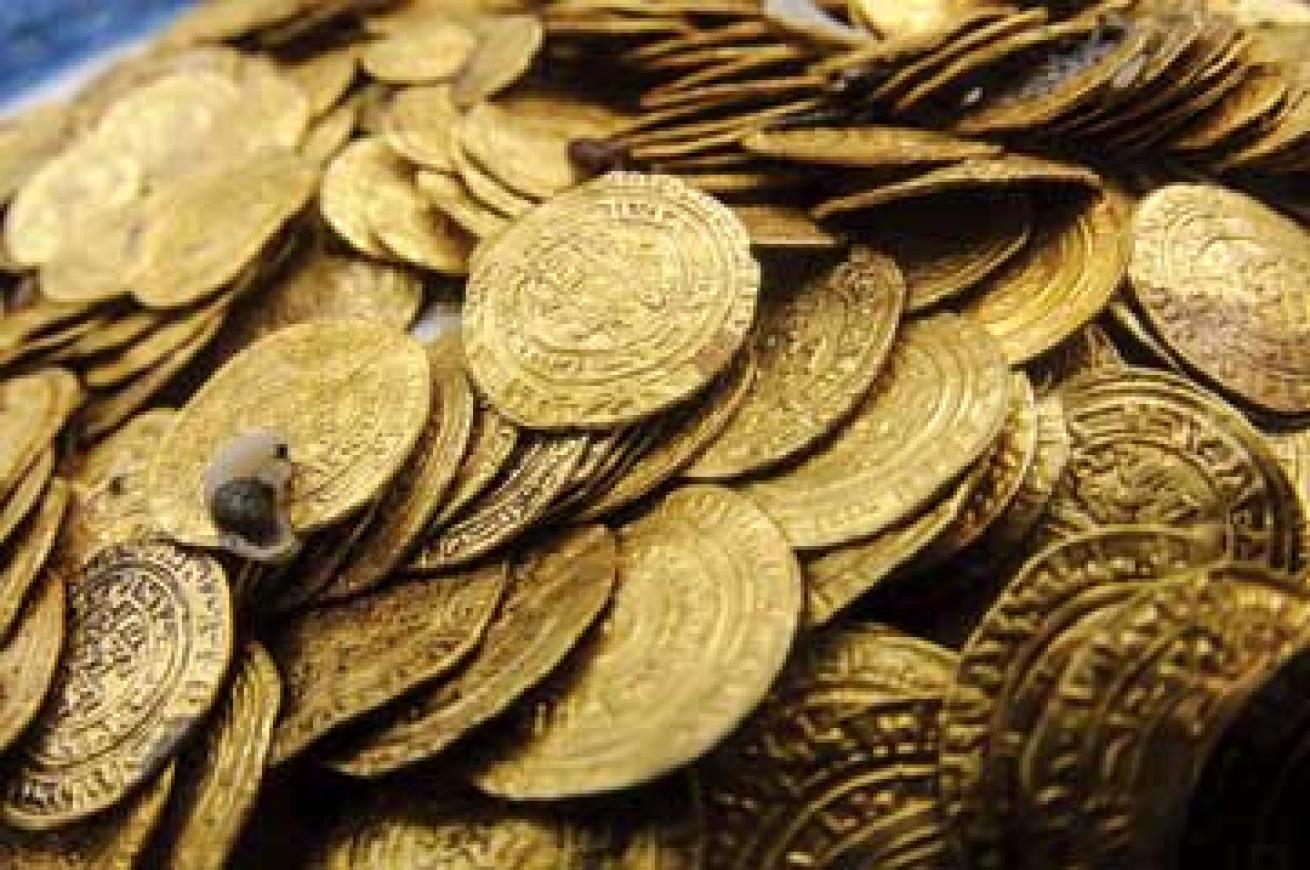
Hagai Nativ/Israel AntiquitiesA celebratory birthday dive ended with divers finding ancient coins worth millions of dollars.
Usually birthdays are celebrated with gifts, but when a group of divers celebrated a friend’s birthday by making a dive in the Mediterranean harbor of Caesarea, they got an even better surprise — the largest cache of gold coins ever uncovered in Israel.
While exploring the seafloor, one of the divers spotted a shiny object. He picked it up, thinking it was a children’s toy coin, but quickly realized it was made of gold. The group began to dig and found more coins.
The divers called the Israel Antiquities Authority, which led to additional underwater excavations. Upon hearing the news of the discovery, Jacob Sharvit, the director of the Marine Archeology Unit of the IAA, and his unit collected the coins.
The find, which also included parts of a shipwreck with iron anchors and small pieces of wood, could be worth a few million dollars.
In total, almost 2,000 coins made of pure gold were recovered. Some of the coins date from the Fatimid Caliphate, which ruled large swaths of North Africa and the Middle East at the turn of the first millennium. Since many divers keep their findings, taking with them valued archaeological information, these divers were regarded as local heroes.
“These divers are model citizens,” says Sharvit. “They discovered the gold and have a heart of gold that loves the country and its history.”
The gold coins will be displayed in Caesarea’s visitor center, but the majority will be housed at the Israel Museum in Jerusalem. The coins will travel to the United States when they go on display in the Metropolitan Museum of Art in New York next year. Other treasure hunters who’d like to dive Caesarea have plenty of seafloor of their own to explore, says Sharvit. “The ancient harbor is very big, and the underwater excavation and research exposed less than 5 percent of the site. We expect more finds in the future, but we’ll definitely leave something for the next generation to explore and research.”

